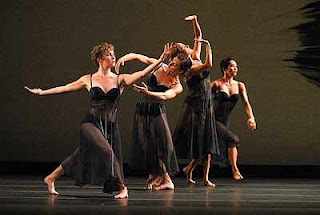To help wrap your head and craft around this, here's some quotes on heroism:
“I like it when a flower or a little tuft of grass grows through a crack in the concrete. It's so fuckin' heroic.”
― George Carlin
“Heroes didn't leap tall buildings or stop bullets with an outstretched hand; they didn't wear boots and capes. They bled, and they bruised, and their superpowers were as simple as listening, or loving. Heroes were ordinary people who knew that even if their own lives were impossibly knotted, they could untangle someone else's. And maybe that one act could lead someone to rescue you right back.”
― Jodi Picoult, Second Glance
“Anyone who does anything to help a child in his life is a hero to me.”
― Fred Rogers
“One part brave, three parts fool!”
― Christopher Paolini
“To be heroic is to be courageous enough to die for something; to be inspirational is to be crazy enough to live a little.”
― Criss Jami, Venus in Arms
“Heroism doesn't pay very well. I try to be cold-blooded and money-oriented, but I keep screwing it up.”
― Jim Butcher, Dead Beat
“So you love war. I used to think you were a decent man. But I see now I was mistaken. You're a hero.”
― Joe Abercrombie, The Heroes
“Long ago I yearned to be a hero without knowing, in truth, what a hero was. Now, perhaps, I understand it a little better. A grower of turnips or a shaper of clay, a Common farmer or a king--every man is a hero if he strives more for others than for himself alone. Once you told me that the seeking counts more than the finding. So, too, must the striving count more than the gain.”
― Lloyd Alexander, The High King
“Heroes are people who face down their fears. It is that simple. A child afraid of the dark who one day blows out the candle; a women terrified of the pain of childbirth who says, 'It is time to become a mother'. Heroism does not always live on the battlefield.”
― David Gemmell, Dark Moon
“Perhaps a hero is someone who doesn’t register his own vulnerability. Is it courage, then, if you’re too daft to know you’re mortal?”
― David Benioff, City of Thieves
“He found that it was easy to make a heroic gesture, but hard to abide by its results.”
― W. Somerset Maugham, Of Human Bondage







